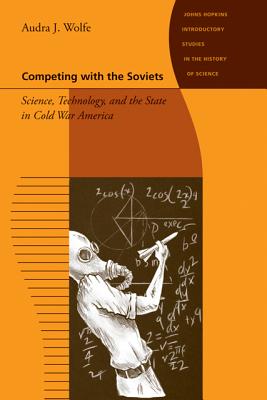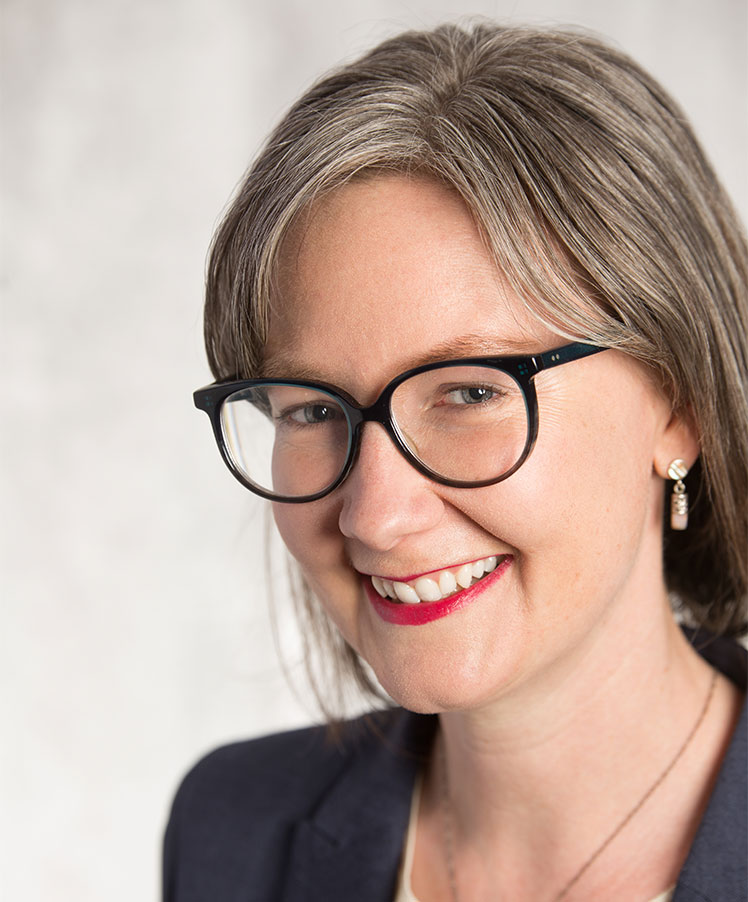

 Johns Hopkins University Press
Johns Hopkins University Press
Competing with the Soviets: Science, Technology, and the State in Cold War America


Key Metrics
- Audra J Wolfe
- Johns Hopkins University Press
- Paperback
- 9781421407715
- 8.9 X 6 X 0.5 inches
- 0.55 pounds
- Science > History
- English
 Secure Transaction
Secure TransactionBook Description
For most of the second half of the twentieth century, the United States and its allies competed with a hostile Soviet Union in almost every way imaginable except open military engagement. The Cold War placed two opposite conceptions of the good society before the uncommitted world and history itself, and science figured prominently in the picture. Competing with the Soviets offers a short, accessible introduction to the special role that science and technology played in maintaining state power during the Cold War, from the atomic bomb to the Human Genome Project.
The high-tech machinery of nuclear physics and the space race are at the center of this story, but Audra J. Wolfe also examines the surrogate battlefield of scientific achievement in such diverse fields as urban planning, biology, and economics; explains how defense-driven federal investments created vast laboratories and research programs; and shows how unfamiliar worries about national security and corrosive questions of loyalty crept into the supposedly objective scholarly enterprise.
Based on the assumption that scientists are participants in the culture in which they live, Competing with the Soviets looks beyond the debate about whether military influence distorted science in the Cold War. Scientists' choices and opportunities have always been shaped by the ideological assumptions, political mandates, and social mores of their times. The idea that American science ever operated in a free zone outside of politics is, Wolfe argues, itself a legacy of the ideological Cold War that held up American science, and scientists, as beacons of freedom in contrast to their peers in the Soviet Union. Arranged chronologically and thematically, the book highlights how ideas about the appropriate relationships among science, scientists, and the state changed over time.
Author Bio
I am a writer, editor, and historian based in Philadelphia. With a background in both science (B.S., chemistry, Purdue University) and history (Ph.D., history and sociology of science, University of Pennsylvania), I think scientists, historians, and everyone else have a lot to learn from each other.
My scholarly work has specifically focused on the role of science during the Cold War, a period when science held a special place in maintaining and projecting state power. I also think and write a lot about the contemporary intersection of science, history, and politics. I’ve shared my insights on science and the Cold War in two books, Freedom’s Laboratory: The Cold War Struggle for the Soul of Science and Competing with the Soviets: Science, Technology, and the State in Cold War America.
My writing and reviews have appeared in The Atlantic, The Washington Post, Science, The New Scientist, LARB, Slate, and the popular history podcast American History Tellers. I’ve talked about science and power on Freakonomics, PRI’s The World, Spycast, RadioTimes, and maybe even your local NPR affiliate. You can follow me on Twitter as @ColdWarScience.
In addition to my work as a writer and historian, I operate an editorial and publishing consulting company, The Outside Reader, that helps writers of serious nonfiction develop their craft. I offer both on-site and online publishing workshops. I’ve also worked in scholarly publishing, radio production, and university teaching.
Source: audrajwolfe.com
Photo Credit: C. C. Wolfe Photography
Community reviews
Write a ReviewNo Community reviews



